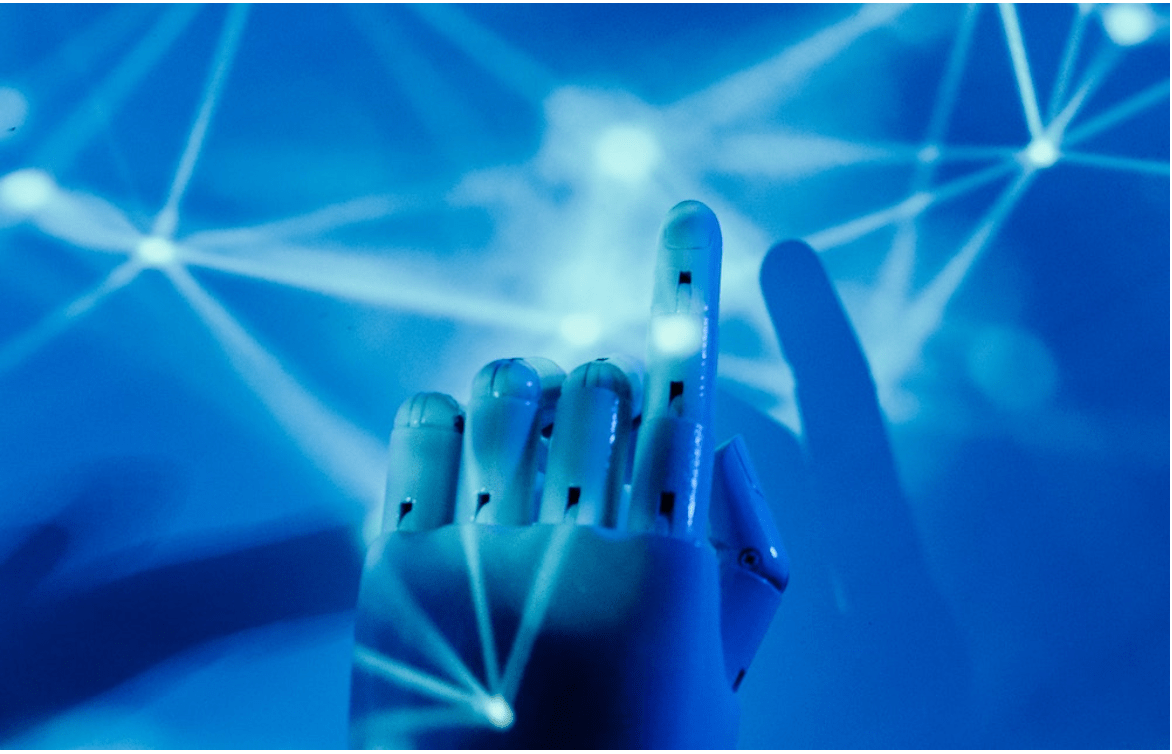The ability of Artificial Intelligence (AI) to transform Healthcare is growing at a higher rate than ever before. There is great excitement and hype surrounding the future of AI-driven clinical solutions. The similarities between today’s AI growth in Healthcare and the AI development in industries such as automobile manufacturing are astounding (although, unlike healthcare, there are countless self-driving cars on roads today). So, when it comes to AI, we’re making leaps forward and taking steps back to ensure the optimal safety of patients.
Smart Jumpsuits for Babies (Motor Assessment of Infants Jumpsuit – MAIJ)
The MAIJ is a smart jumpsuit that can help physicians and nurses identify motor delays in babies. The jumpsuit is equipped with sensors that monitor a baby’s movements every second, which is then sent to a database for doctors to review. The product has been initially developed for premature babies, who are at higher risk of developing motor delays. However, it can also be used by other vulnerable groups, such as children with cerebral palsy or Down syndrome.
Oncology AI Solutions
Oncology is one of the most complicated areas of medicine. Cancer has many different types, each with different symptoms and outcomes. Cancer treatment is also complex, with hundreds of drugs and combinations available. All these factors make it difficult for doctors to provide the best possible treatment for patients.
The advent of artificial intelligence (AI) has made it possible for computers to analyze massive amounts of data and make decisions based on that data. This is a powerful tool in the fight against cancer because it allows doctors to identify patterns that they may never have noticed before. For example, a patient might have several forms of cancer but no symptoms or signs until they visit a hospital emergency room with pneumonia.
In this case, an AI solution could analyze medical records from multiple hospitals across several years and find similar cases so that doctors can predict how to treat the patient and prevent future complications. Another use case is when two different medications might cure cancer but cause side effects; an AI solution could tell doctors which drug is more effective while causing fewer side effects, saving patients from unnecessary complications after treatment ends.
Demystifying AI
Artificial Intelligence (AI) is a broad term that refers to any machine capable of mimicking human activity. It’s what makes computers so valuable for our day-to-day lives — it’s also what makes them so dangerous.
There are two main aspects of AI: machine learning and deep learning.
Machine learning is when a computer learns how to do something independently, without being programmed by humans.
Deep learning is a subset of machine learning that involves teaching computers how to learn more independently by analyzing large amounts of data and making decisions based on what they’ve learned.
The healthcare industry has been slow to adopt AI because many people fear it will take away jobs from doctors and nurses who have years of experience in their field. However, the reality is quite different: AI has the potential to significantly improve Healthcare by helping doctors make faster and more accurate diagnoses based on data collected from patients’ medical histories or genetic makeup.
However, the Seattle-based healthcare distributor startup bttn has fully embraced AI in their product and service offerings, while working diligently with physicians’ offices and large hospital networks to utilize the power of AI & big data insights to bring greater transparency efficiencies to their operations. By doing so, they’re helping healthcare professionals save a good 20-40% of the cost of their wholesale medical supplies orders over the course of a year.
AI Growth and Solutions Require These Points
Relevant and sufficient clinical problem statements are necessary for the growth of AI and big data in the medical industry. Ecologically relevant data is needed to have a reliable evaluation of one’s health. Clinical phenotyping must be reliable so that such things as wearable devices can accurately monitor vitals, overall fitness, and warning signs unique to an individual user. It’s an exciting time to be alive when advances in technology make life easier — or promise to at least — and these points show how AI will shape the future of healthcare.
In conclusion, the rise of artificial intelligence (AI) has brought about a new and promising era in clinical research. However, for AI to be a valuable, helpful tool for researchers and developers, it must first be used to address problems relevant to specific clinical research communities.
